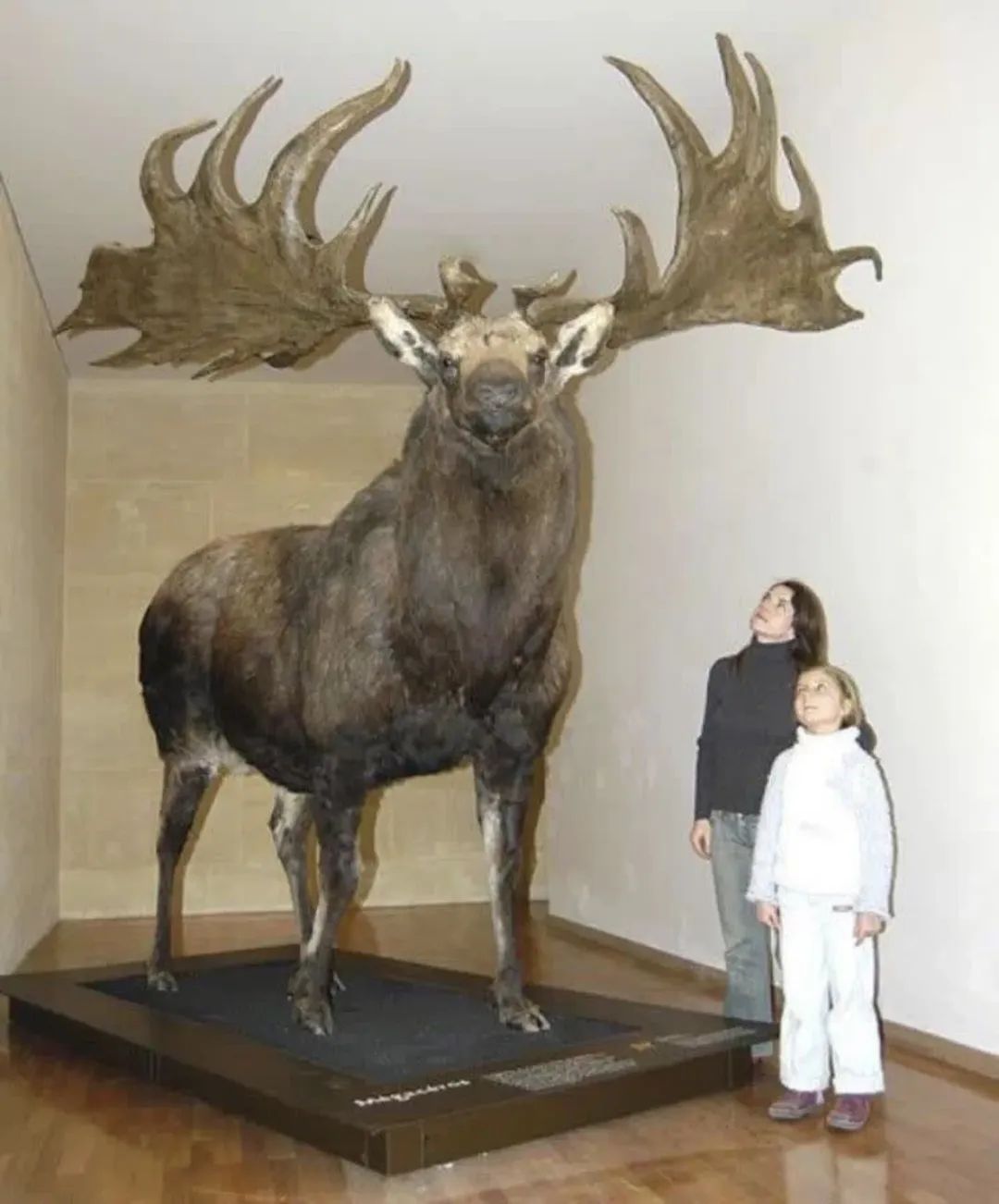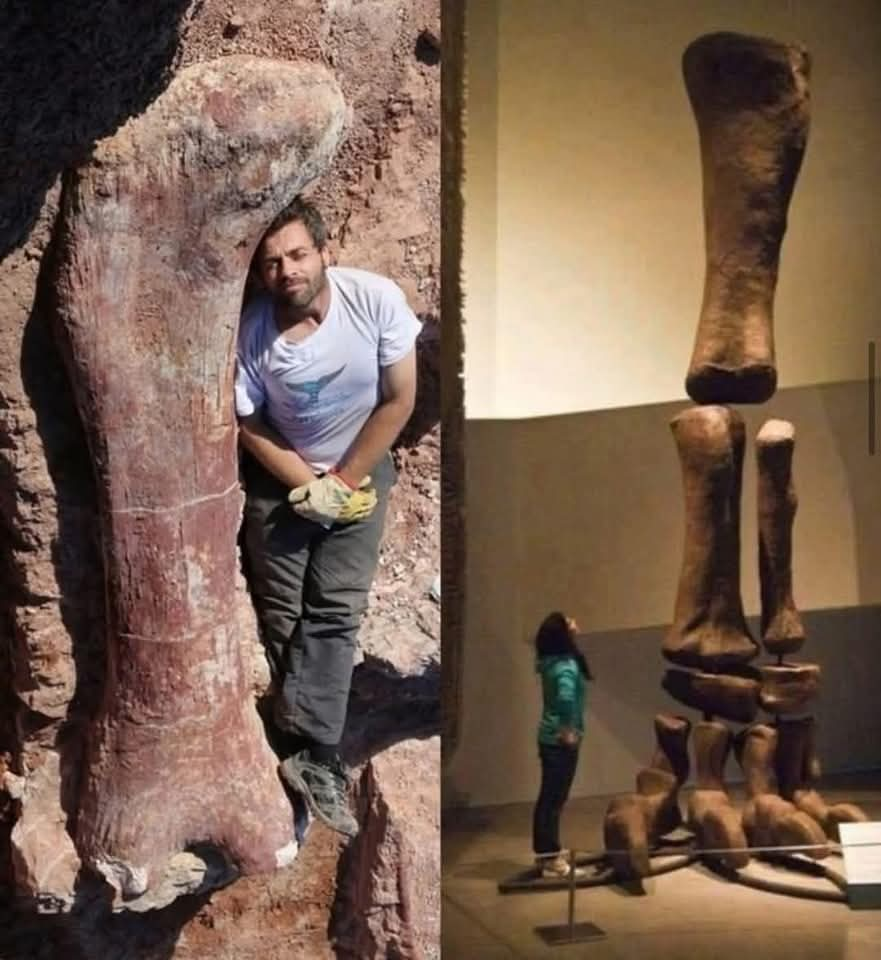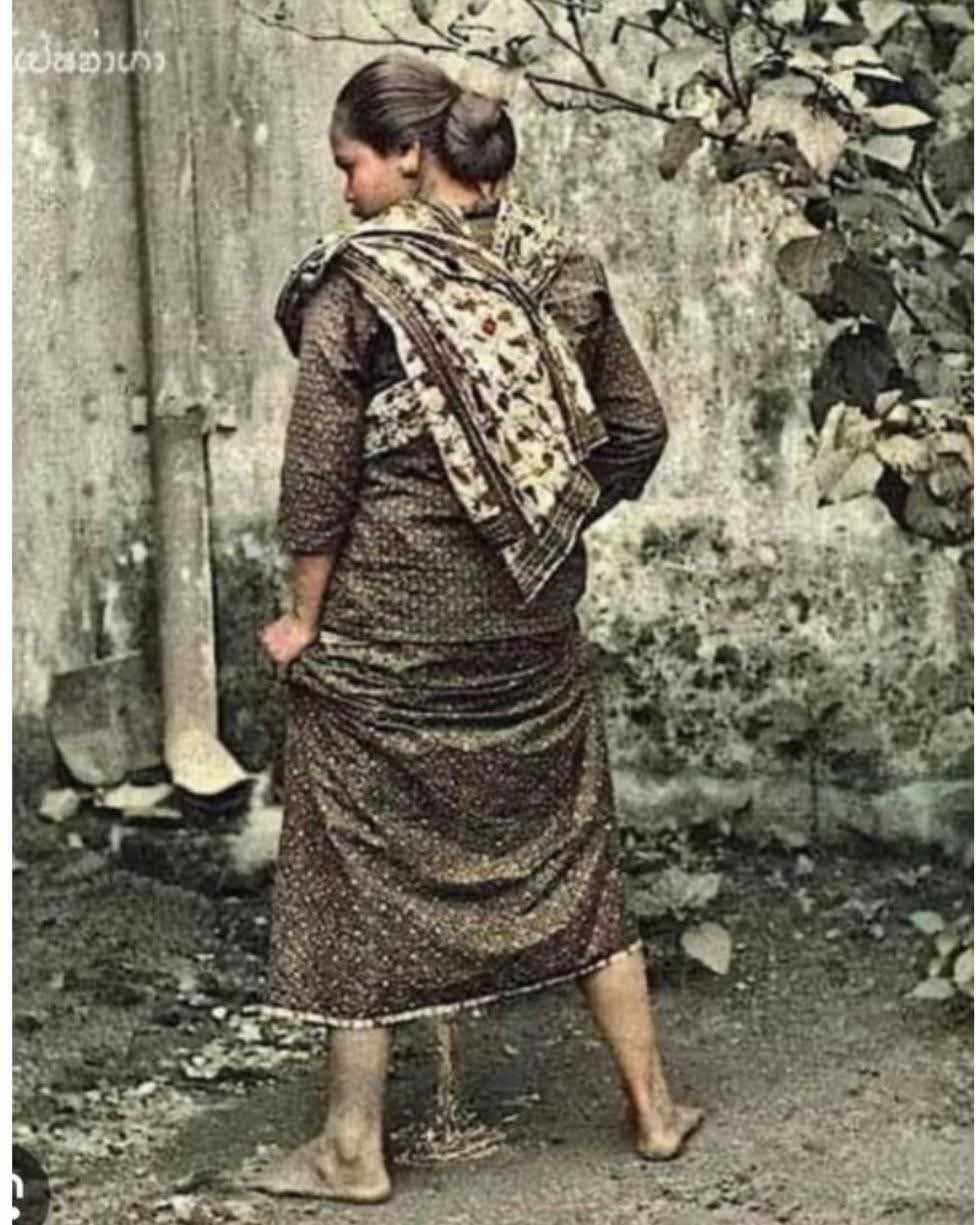
Born on December 14, 1946, in London, she moved to France in the late 1960s, where her career flourished across multiple artistic disciplines. Birkin’s cinematic journey began in the mid-1960s, but it was her collaborations with renowned directors in the 1970s and 1980s that solidified her status as a natural and captivating actress.
Working with influential filmmakers like Jacques Doillon, Patrice Chéreau, and Agnès Varda, Birkin embraced roles that showcased her authenticity and understated beauty.
Her partnership with Doillon in films such as The Lover (1984) and A Man and a Woman: 20 Years Later (1986) presented a raw and unfiltered portrayal of love and vulnerability. Patrice Chéreau’s Queen Margot (1994) is another key milestone, where Birkin’s performance was marked by a refined yet strong presence that reflected her immense talent and versatility.
Jane Birkin’s collaboration with Agnès Varda in the early 1980s further cemented her status as a unique and introspective actress. Varda’s films, known for their innovative and deeply personal narratives, provided Birkin with a platform to showcase her range, from the gentle to the bold. This naturalistic approach to acting, as Birkin described in her 2019 interview with Swiss Life Group, revealed an intimate side of the actress, contributing to her timeless appeal.
Aside from her film career, Birkin’s iconic music collaborations, especially with Serge Gainsbourg, transformed her into a cultural symbol of sensuality, artistry, and emotional depth. Her effortless style, epitomized by her collaborations with photographers like Pascal George, continues to inspire generations of creatives and fashion enthusiasts. Birkin’s legacy, a blend of elegance and authenticity, remains etched in both French cinema and global cultural history.










Leave a Reply